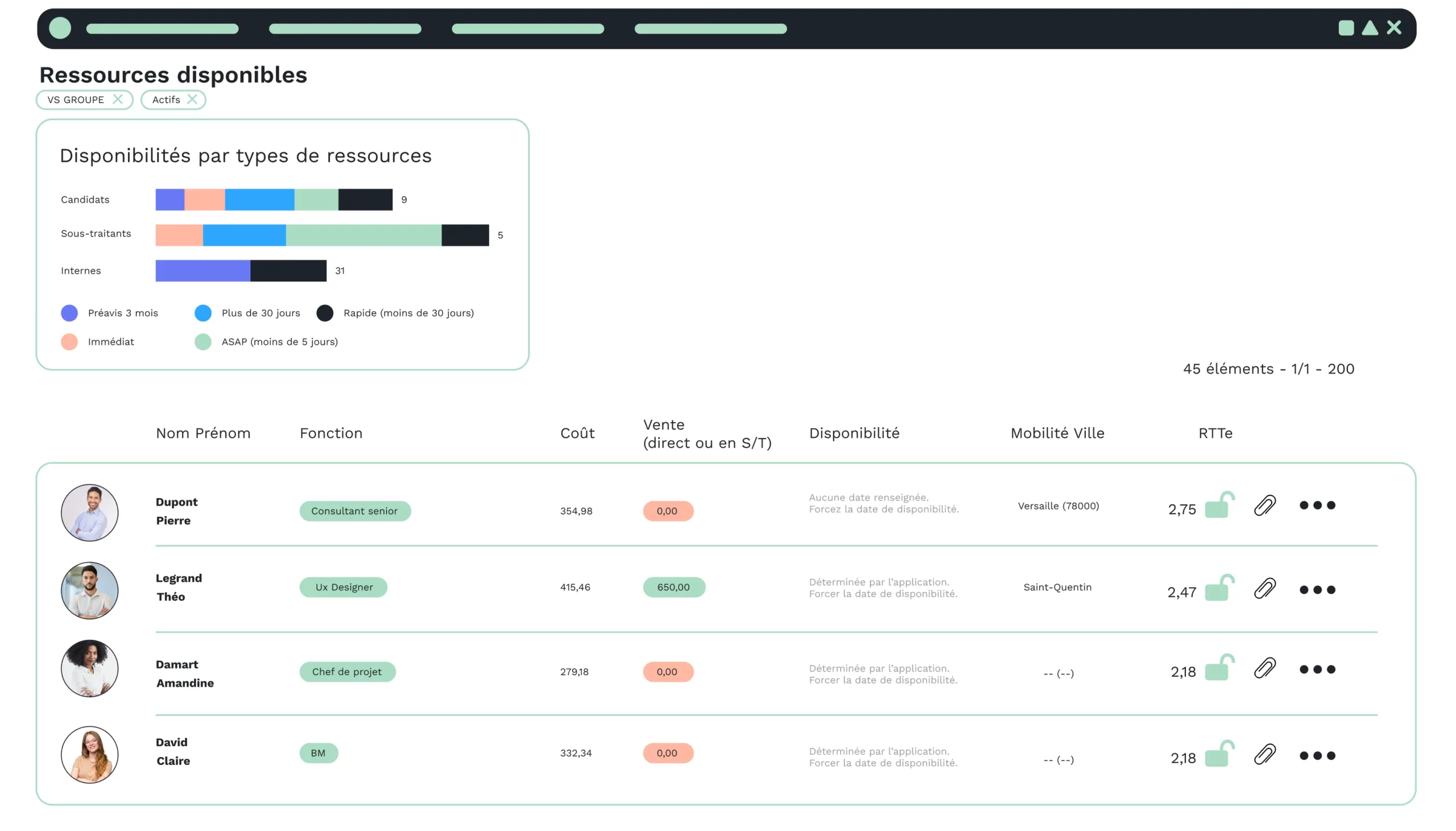Do you know what your employees think of your company? By analyzing precise HR indicators, you’ll gain an insight into your company’s social climate, i.e. the morale of your troops and the deterioration of working conditions.
But what is the social climate? Why is this important? And above all, how can it be improved?
We take stock in this article!
What is corporate social climate?
The social climate corresponds to the level of satisfaction of a company’s employees. This satisfaction is linked to a number of factors, such as quality of life at work, employee fulfillment, management and employee commitment, to name but a few.
Why measure a company’s social climate?
A company’s social climate has a direct impact on its productivity and therefore profitability. A committed employee will perform better at work. Multiply this commitment by the number of employees, and you get a productive team that boosts company performance tenfold.
But beyond the financial aspect, it’s also a way of gauging quality of life at work.
Social climate influences employer brand. Would you want to work for a company that didn’t take the working conditions and morale of its employees into account?
Only 10% of French people consider their employee experience to be “Excellent”, according to a Forrester study.
That’s why it’s in your interest to take care of your employees by creating a good social climate within your company, and thereby contributing to happiness in the workplace.
Ultimately, a good social climate in your company will help you attract new talent, investors, partners and even prospects.
How do you analyze a company’s social climate?
The HR department, which plays the main role in HRM within the company, must monitor the key indicators linked to the social climate and implement a strategy to improve it. But what are the key social climate indicators? Here are the indicators to follow:
|
|
These indicators serve as alerts. You then need to identify the reasons for this social climate. Here are a few examples of factors that can influence your company’s social climate.
What factors can influence the social climate?
|
|
Although based on figures, improving the social climate is first and foremost a human approach. Here are some examples of levers you can use to improve the social climate.
9 things you can do to improve your company’s social climate
|
|
HRIS, an ally in improving the company’s social climate
As you can see, to improve your social climate, you need figures to back you up.
Firstly, the HRIS tool enables you to facilitate your HR management by dematerializing and automating processes. This frees up your time to develop projects such as improving the social climate.
Secondly, by collecting and centralizing data, you can analyze HR data more quickly and efficiently, keeping you on your toes.
What’s more, it allows you to empower your employees by giving them access to their own data, and enabling them to take part in their working lives. This can be a sign of confidence in your employees.
And the MUST TO HAVE feature of HRIS is the production of dashboards and graphs based on cross-referenced data. This will enable you to support your strategy with management. It also enables you to quickly identify signs of deterioration in the social climate, so you can put a strategy in place.







